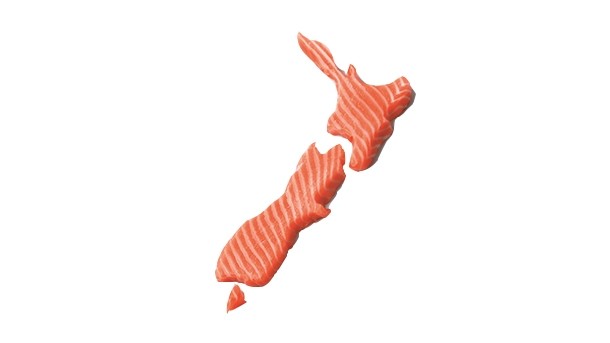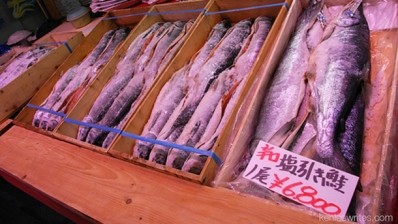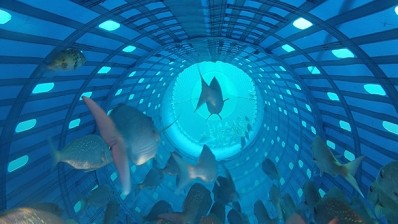New Zealand farmed salmon not as green as claimed, says consumer group

Consumer New Zealand, an independent not-for-profit organisation, said that its investigation had revealed that green claims made about fresh and smoked salmon products in the country’s supermarkets had little truth behind them.
Revealing the findings of its investigation, CNZ pointed the spotlight at King Salmon, which produces more than half of all farmed salmon sold in the country, and claims that “the feed replicates the natural diet of wild salmon.”
CNZ claims that a major part of the this diet are actually abattoir by-products—off cuts from poultry processing including feathermeal, as well as bloodmeal from cattle, pigs and sheep—while only a small proportion of the diet comes from marine sources.
Sue Chatwin, CEO at Consumer NZ, also pointed out that farmed salmon's artificial habitat also meant its feed had to be supplemented with astaxanthin, a carotenoid pigment, to give the fish their distinctive pink flesh.
In the wild, salmon get their pink glow from eating krill and other crustaceans, she said.
Chetwin waded into the fishing industry, stating that it was keen to promote itself as a healthy, sustainable choice, but despite the rosy public relations, this was intensive farming which sat at odds with the “natural” claims made for products in stores.
Interestingly, King Salmon was recently been certified by the Global Aquaculture Alliance, a trade-based group, which certifies sustainable choices.
Omega-3 levels overstated
Consumer New Zealand revealed it had also tested the omega 3 levels in five smoked salmon products and found some had overstated their omega 3 content—one even by three times the amount.
Aoraki Smokehouse Cold Smoked Salmon (50g) claimed that it contained 8.07g of omega 3 per 100g. But testing of a sample indicated just 2.2g per 100g.
Aoraki Smokehouse told CNZ that it was aware the claim was incorrect and had changed its packaging, while Countdown withdrew its Signature Range smoked salmon after being notified that while its Salmon Slices (50g) stated an omega 3 level of 3.2g per 100g, testing indicated 1.4g of omega 3 per 100g.
The body also checked on two of King Salmon’s products—the Regal salmon and the Southern Ocean salmon—and found that both products had overstated their Omega-3 levels too.
King Salmon, according to CNZ, has said that it will be retesting these products and will amend packaging if warranted by the results.












